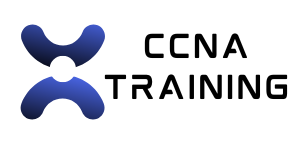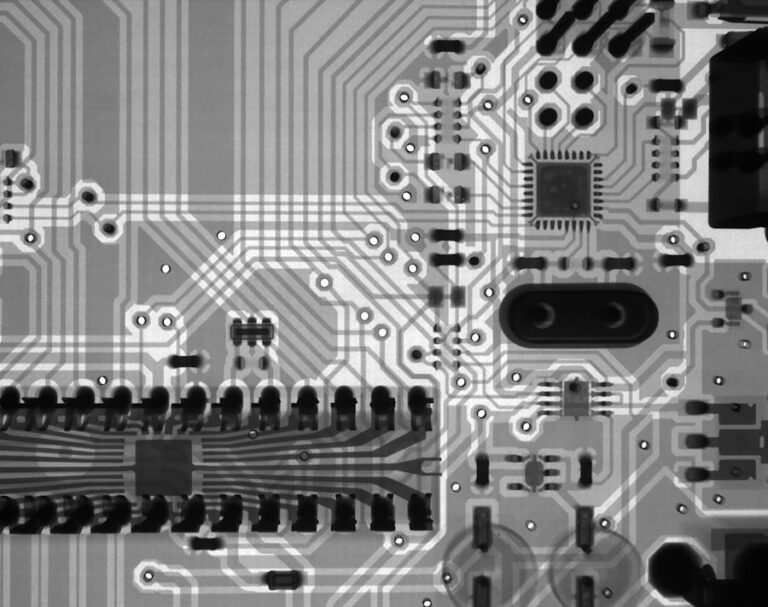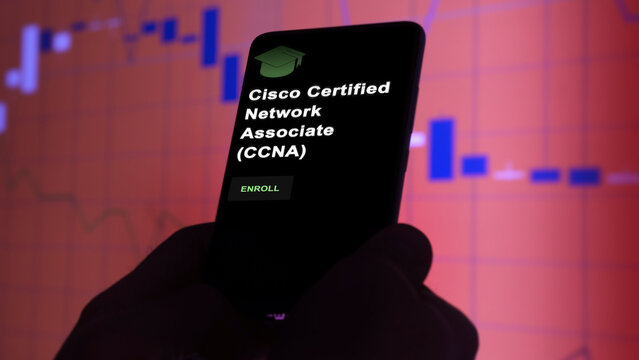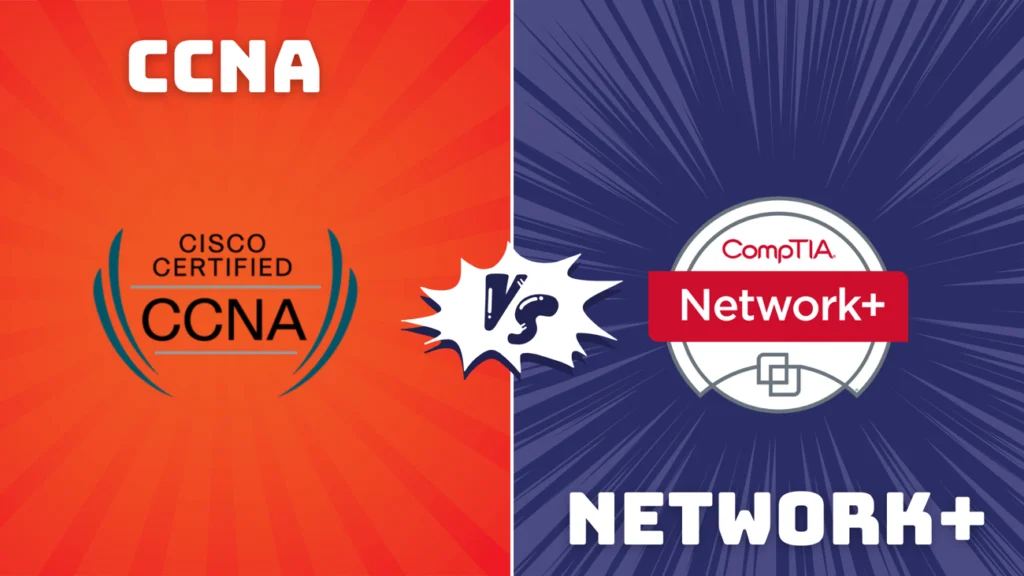The Cisco Certified Network Associate (CCNA) exam is a comprehensive assessment of a candidate’s knowledge and skills in networking. The exam is designed to test the candidate’s ability to install, configure, operate, and troubleshoot medium-sized routed and switched networks. The CCNA exam is divided into several modules, each focusing on different aspects of networking. These modules include networking fundamentals, routing and switching, network security, wireless networking, and WAN technologies.
The CCNA exam structure consists of multiple-choice questions, drag-and-drop questions, simulations, and hands-on lab exercises. The exam is designed to test the candidate’s theoretical knowledge as well as their practical skills in networking. The exam duration is typically 90 minutes, and candidates must achieve a passing score to obtain the CCNA certification. It is important for candidates to have a clear understanding of the exam structure and the topics covered in each module in order to prepare effectively for the exam.
Mastering Networking Fundamentals
Networking fundamentals are the building blocks of any IT infrastructure. It is essential for CCNA candidates to have a strong grasp of networking concepts such as OSI model, TCP/IP protocols, IP addressing, subnetting, and Ethernet technologies. Understanding these fundamentals is crucial for configuring and troubleshooting network devices. Candidates should also be familiar with networking devices such as routers, switches, firewalls, and access points.
In addition to theoretical knowledge, candidates should also be proficient in practical skills such as configuring and verifying network connectivity. Hands-on experience with network devices and simulation tools is essential for mastering networking fundamentals. Candidates should also be able to troubleshoot common network issues such as connectivity problems, network congestion, and device configuration errors. Mastering networking fundamentals is the first step towards success in the CCNA exam.
Deep Dive into Routing and Switching
Routing and switching are core components of any network infrastructure. Candidates should have a deep understanding of routing protocols such as RIP, EIGRP, OSPF, and BGP. They should also be familiar with switching concepts such as VLANs, trunking, and spanning tree protocol. Configuring and troubleshooting routing and switching is a key skill that candidates must possess in order to pass the CCNA exam.
Candidates should be able to configure and verify routing protocols, troubleshoot routing issues, and implement security measures such as access control lists (ACLs) and NAT. They should also have a good understanding of Layer 2 and Layer 3 switching technologies. Practical experience with Cisco routers and switches is essential for mastering routing and switching concepts. Candidates should also be able to design and implement scalable and secure networks using routing and switching technologies.
Exploring Network Security
“`html
| Metrics | Data |
|---|---|
| Number of network security breaches | 25 |
| Percentage of phishing attempts blocked | 85% |
| Number of malware incidents detected | 50 |
| Percentage of network uptime | 99.9% |
“`
Network security is a critical aspect of any IT infrastructure. Candidates should have a strong understanding of security concepts such as threats, vulnerabilities, and mitigation techniques. They should be familiar with security protocols such as IPsec, SSL/TLS, and SSH. Candidates should also be able to configure and verify security features on network devices such as routers, switches, and firewalls.
In addition to theoretical knowledge, candidates should also be proficient in practical skills such as implementing security policies, configuring VPNs, and securing network infrastructure from cyber threats. Hands-on experience with security devices and simulation tools is essential for exploring network security concepts. Candidates should also be able to troubleshoot security issues such as unauthorized access, data breaches, and malware attacks. Exploring network security is crucial for success in the CCNA exam.
Embracing Wireless Networking
Wireless networking has become an integral part of modern IT infrastructure. Candidates should have a strong understanding of wireless concepts such as WLAN standards, wireless security protocols, and RF fundamentals. They should be familiar with wireless devices such as access points, wireless controllers, and wireless bridges. Configuring and troubleshooting wireless networks is a key skill that candidates must possess in order to pass the CCNA exam.
Candidates should be able to configure and verify wireless network parameters, troubleshoot wireless connectivity issues, and implement security measures such as WPA2 encryption and MAC filtering. They should also have a good understanding of wireless roaming and site survey techniques. Practical experience with wireless devices and simulation tools is essential for embracing wireless networking concepts. Candidates should also be able to design and implement secure and reliable wireless networks.
Delving into WAN Technologies

Wide Area Network (WAN) technologies are essential for connecting geographically dispersed networks. Candidates should have a deep understanding of WAN concepts such as leased lines, MPLS, Frame Relay, and VPNs. They should be familiar with WAN devices such as routers, switches, and WAN accelerators. Configuring and troubleshooting WAN connections is a key skill that candidates must possess in order to pass the CCNA exam.
Candidates should be able to configure and verify WAN technologies, troubleshoot WAN connectivity issues, and implement security measures such as encryption and authentication. They should also have a good understanding of WAN optimization techniques such as QoS and traffic shaping. Practical experience with WAN devices and simulation tools is essential for delving into WAN technologies. Candidates should also be able to design and implement scalable and resilient WAN connections.
Preparing for the CCNA Exam: Tips and Strategies
Preparing for the CCNA exam requires dedication, focus, and effective study strategies. Candidates should start by creating a study plan that covers all the topics included in the exam blueprint. It is important to allocate sufficient time for each module and prioritize areas where additional study is needed.
In addition to self-study, candidates can benefit from joining study groups or attending instructor-led training courses. These resources can provide valuable insights, practical tips, and hands-on experience with networking devices.
Practicing with mock exams and simulation tools is essential for building confidence and improving time management skills. Candidates should aim to achieve a balance between theoretical knowledge and practical skills in order to excel in the CCNA exam.
Finally, maintaining a positive mindset, staying focused, and seeking support from peers or mentors can help candidates stay motivated throughout their preparation journey. With the right mindset and effective study strategies, candidates can increase their chances of success in the CCNA exam.
FAQs
What are the main topics covered in the CCNA exam?
The CCNA exam covers a wide range of topics including network fundamentals, network access, IP connectivity, IP services, security fundamentals, and automation and programmability.
What is included in the network fundamentals topic of the CCNA exam?
The network fundamentals topic of the CCNA exam includes networking concepts, network models, network topologies, Ethernet technology, and IPv4 and IPv6 addressing.
What does the network access topic of the CCNA exam cover?
The network access topic of the CCNA exam covers VLANs, trunking, EtherChannel, wireless networks, and basic wireless management.
What is included in the IP connectivity topic of the CCNA exam?
The IP connectivity topic of the CCNA exam includes the implementation of IP routing, OSPF, EIGRP, and static routing.
What does the IP services topic of the CCNA exam cover?
The IP services topic of the CCNA exam covers NAT, DHCP, NTP, and QoS.
What is included in the security fundamentals topic of the CCNA exam?
The security fundamentals topic of the CCNA exam includes security concepts, VPN, ACLs, and secure network device management.
What does the automation and programmability topic of the CCNA exam cover?
The automation and programmability topic of the CCNA exam covers the basics of automation, programmability, and SDN (Software-Defined Networking) concepts.














